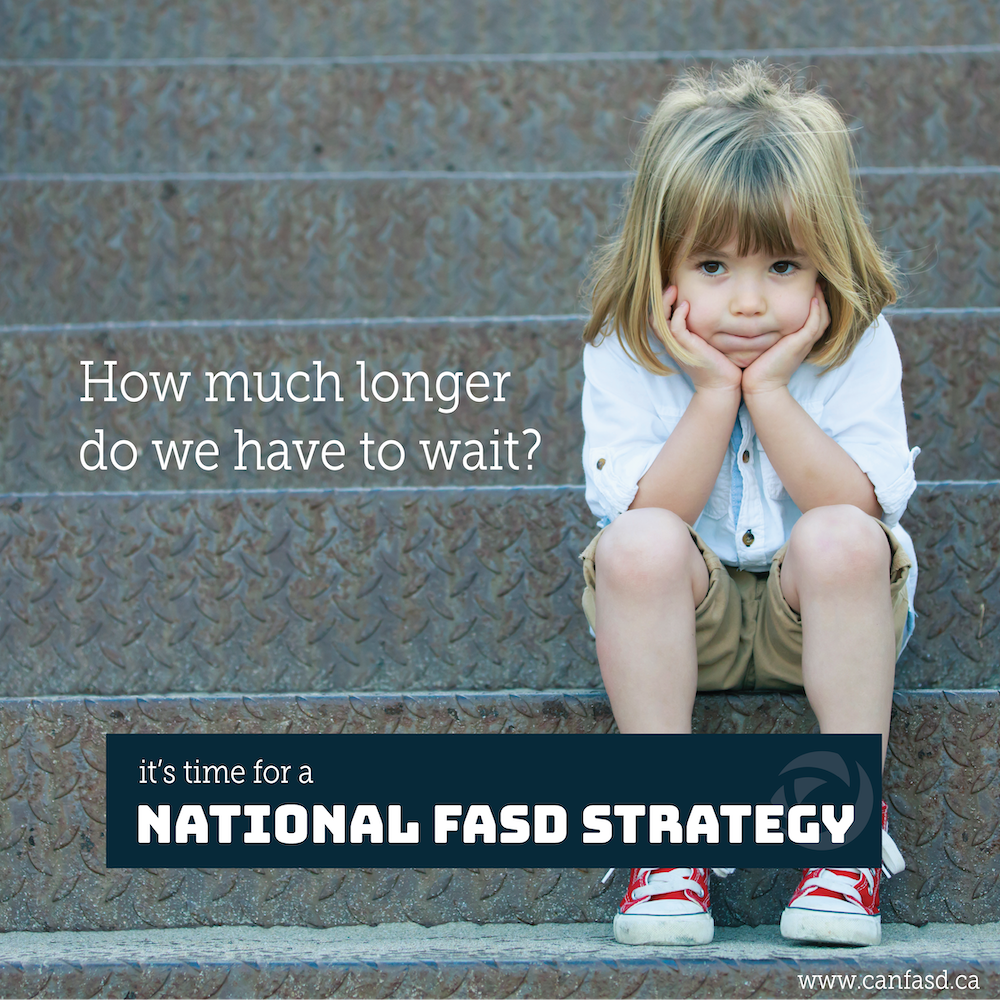
By: Audrey McFarlane & Victoria Bailey
Canada is a world leader in research on fetal alcohol spectrum disorder, North America’s leading developmental disability. However, this research is not being put into place at a national level. The Canada FASD Research Network is calling on the Government of Canada to develop a national strategy to address the extraordinary complexities of this disability.
FASD affects 4% of Canadians, more than autism, cerebral palsy, and Down syndrome combined. It is a lifelong disability that impacts the brain and body of someone who was exposed to alcohol during fetal development. People with FASD have areas of both strengths and challenges and will need supports to help them succeed in their daily lives.
The statistics are alarming. Recent studies show, when unsupported, 90% of people with FASD will experience mental health issues. They are over 20 times more likely to face substance use challenges. And 35% of teens with FASD report suicidal ideation, with 13% reporting at least one serious suicide attempt in the past year.
Researchers across Canada are collaborating to better understand FASD and improve prevention, diagnosis, and support. Innovative programs like the National FASD Database, the only comprehensive FASD database in the world, are moving research forward. Initiatives like the Sterling Clarren FASD Research Award and the new CanFASD Trainee Program are encouraging up and coming researchers in this field.
We can’t wait much longer to address FASD. The cost per case of FASD is estimated at $1.1 million over a lifespan. These numbers don’t take into account the intangible costs of FASD, such as the cost of pain, suffering, stress, and stigmatization. The COVID-19 pandemic has only heightened the challenges that this population is facing. However, effective social policies and support programs can reduce many of the costs associated with FASD.
Successful programs, like the Manitoba FASD courts, have taken the research and adapted it to real-world scenarios to address the complexities. The FASD courts helps offenders navigate the justice system and connects them with specialized help. People with FASD are overrepresented in the justice system. The disability often makes it difficult for offenders to understand the impacts of their actions and make the connection between punishment and crime. With this specialized program, offenders with FASD avoid re-offending and re-cycling through the system again.
Other programs, like the Alberta Wellness Resiliency and Partnerships (WRaP), connect schools with research to encourage more inclusive environments for people with FASD. Kids with FASD often struggle to succeed in school environments. The WRaP program educates school staff on evidence-based best practices to encourage academic success for students with FASD and enhance students’ overall wellbeing.
Like many other health concepts, FASD is complex. It is inextricably rooted in the social determinants of health, intersecting with other issues like homelessness, substance use, education, criminal justice, mental health, child welfare, family health, and more. Programs and initiatives that have been successful in addressing FASD have been collaborative, research-based, and built on the work that’s already being done at the regional and provincial levels.
The enormous impact that prenatal alcohol exposure has on our society (when unaddressed) impedes policy solutions beyond the realm of just health. Progress on major policy issues depends on a National FASD Strategy. We need a plan that takes a coordinated, collaborative, whole-government approach to addressing the unique complexities of FASD. That’s why Canada’s experts are calling for a National FASD Strategy.

Audrey McFarlane, B.CR, MBA — Executive Director, CanFASD

Victoria Bailey, BAS, M.S.Com — Communications Coordinator, CanFASD


